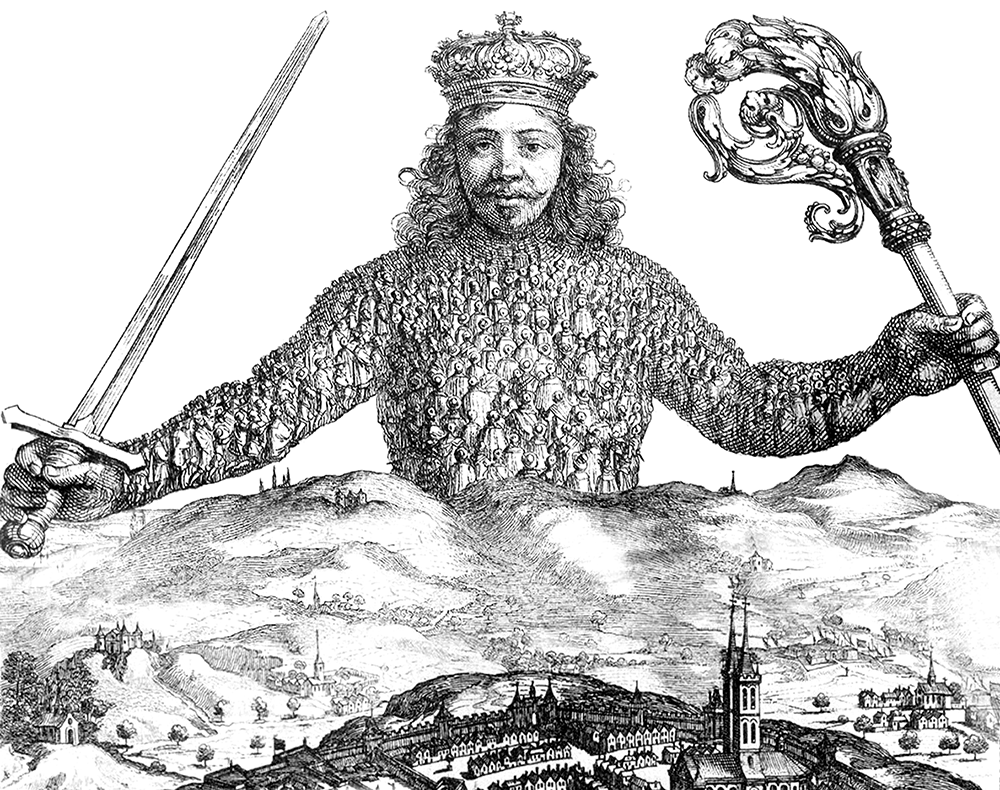
While Foucault concluded the Order of Things by describing the modern humanist subject as a figure scratched into a sandy beach, it was his mentor, George Canguilhem, who charted the rising tide of the Anthropocene age. In The Knowledge of Life (2009), Canguilhem concluded that the “milieu,” or environment, was “in the process of becoming a universal and obligatory mode to capture the experience and existence of living beings. We can almost even say that it forms a necessary category of contemporary thought.”Footnote1 This is not an argument for technical performance criteria or moralistic environmental determination. Instead, Canguilhem argued that the “milieu” was emerging as the precondition for such claims to be made (or for the rejection of them), the medium through which such concepts are precipitated and in turn inform, and which, therefore, requires rigorous critique about the conditions of its possibility and historical examination of its emergence if we are to understand our present. Yet, much like Foucault’s “transcendental-empirical doublet” of the modern human subject produced by the human sciences, the “environment” is inherently and irreducibly doubled, at once an object of knowledge and the condition of knowledge. Perhaps therein lies the basis of both the romanticism and fear evoked by the environment, let alone the milieu (implying both “oneness” and dissolution).
Continue Reading:






